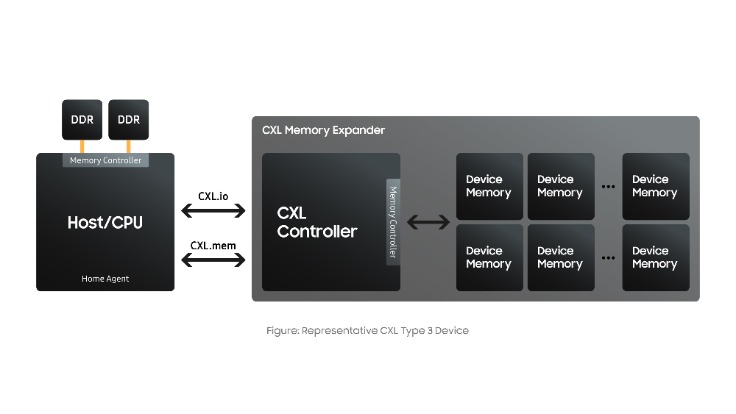The distance between the client and server, the quantity and kind of DNS information, and the general site visitors load on DNS servers affect how quickly records propagate. Servers with high loads or poor connectivity might take longer to update records. ISPs cache DNS data to improve performance and scale back bandwidth usage. Some ISPs could not refresh their caches regularly, inflicting delays in propagation. ISPs the world over have their very own DNS servers that cache a lot of data from completely different domains. It must be cleared every so often to create space for brand spanking new data.
Dynamic Dns
Guarantee you set the TTL to a lower worth (e.g., 300 seconds) before updating the report AlexHost SRL, so the change propagates faster. This serves to speed up browsing and scale back site visitors but slows down DNS propagation occasions. After making modifications to your DNS, you may marvel how long it will take to update. The answer depends on a number of factors, including the DNS cache on your local resolvers or servers and TTL for the document replace. You can check the standing of DNS propagation using online instruments corresponding to DNS Checker or WhatsMyDNS.
What’s Dns?
- To be taught extra in regards to the DNS course of, check out our DNS Explained video, which explains DNS it all in six entertaining minutes!
- When you send a DNS update, you’re telling your DNS server that you’re changing something.
- Observe that each request that is executed by the resolver and the browser is saved within the cache.
- This is one thing that may must be investigated by the networking group.

Since each server updates by itself schedule, different parts of the internet may show varying versions of your DNS information in the course of the propagation course of. DNS modifications begin along with your domain’s authoritative name server, which manages and updates all of your domain’s DNS records. When you make adjustments, the authoritative name server updates its records and shares the model new data with other DNS servers across the internet. Though recursive nameservers shouldn’t cache the foundation nameserver data, some ISPs go on to do so. So, when a specific ISP’s customer sends you an email or visits your web site, the ISP caches a document of the nameservers that your domain name has been delegated to.
What’s Dns Propagation?
First, you can change the nameservers by logging into the Buyer Area and the area management area. You can choose to use the default nameservers or use your individual nameservers. The drawback, on this case, is that by not having this cached value the resolver has to carry out all of the requests I even have talked about earlier than, dropping useful time.
Leave a Reply